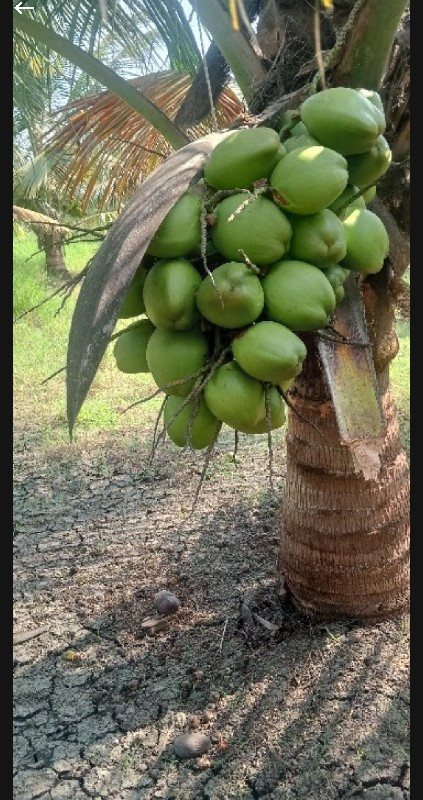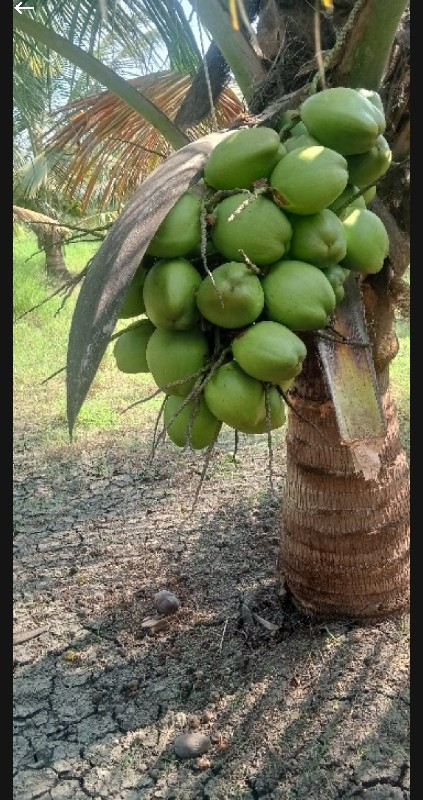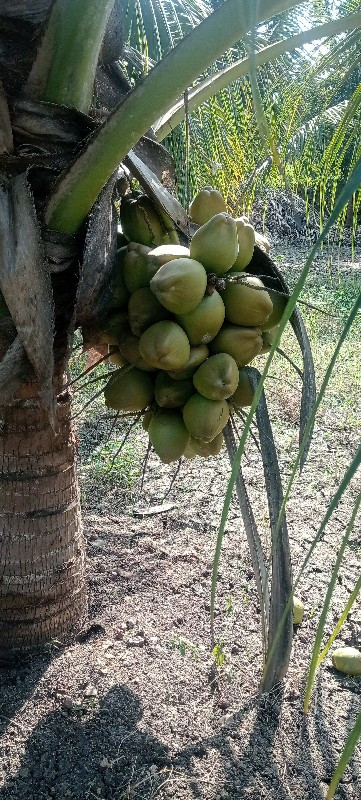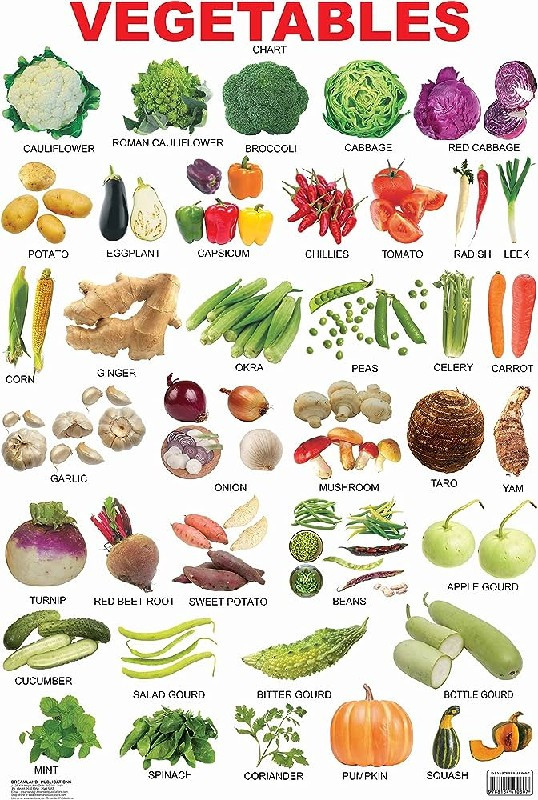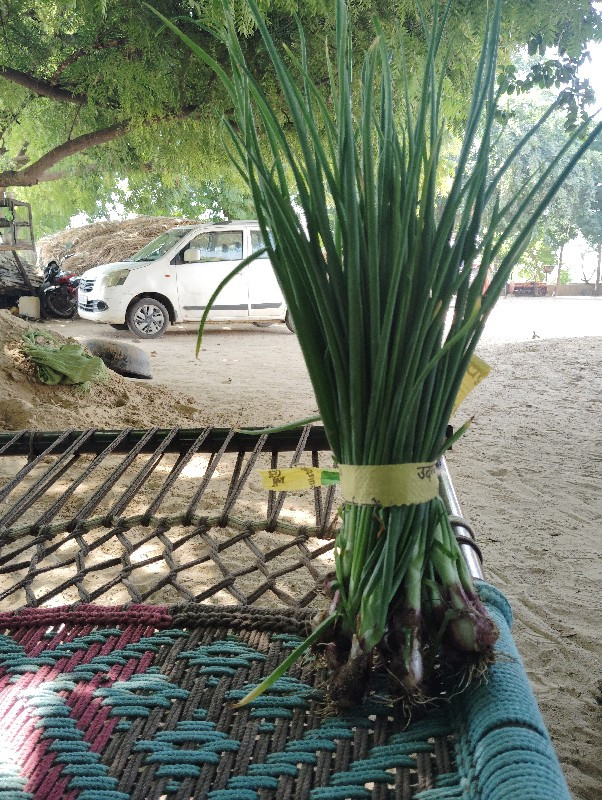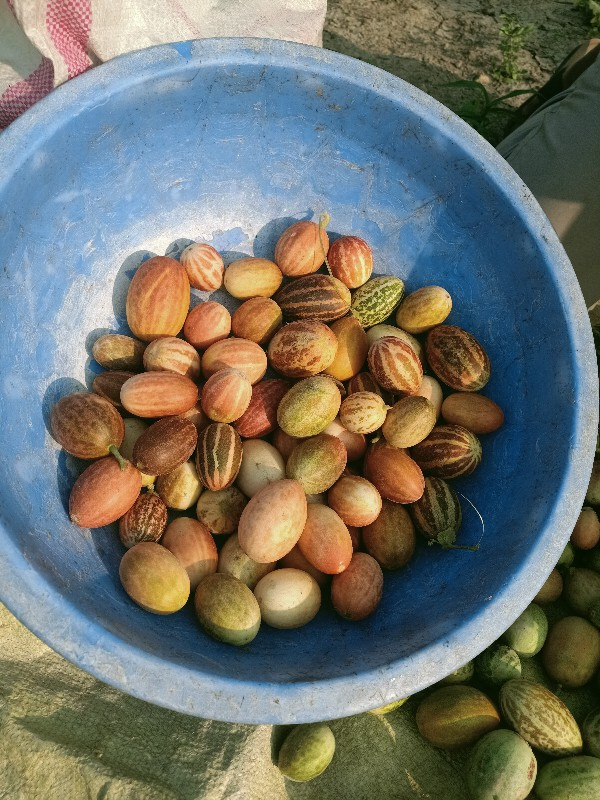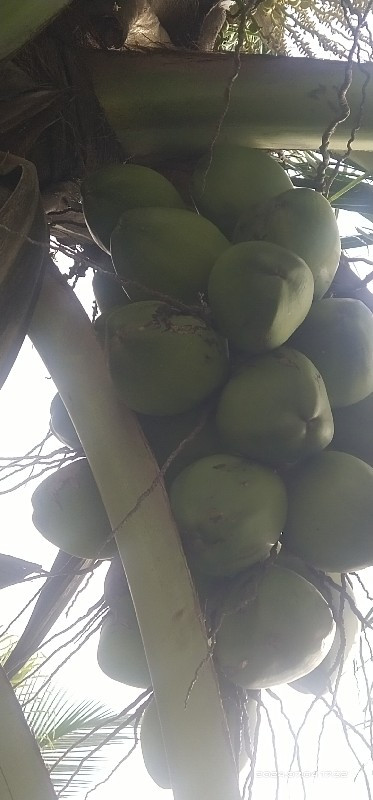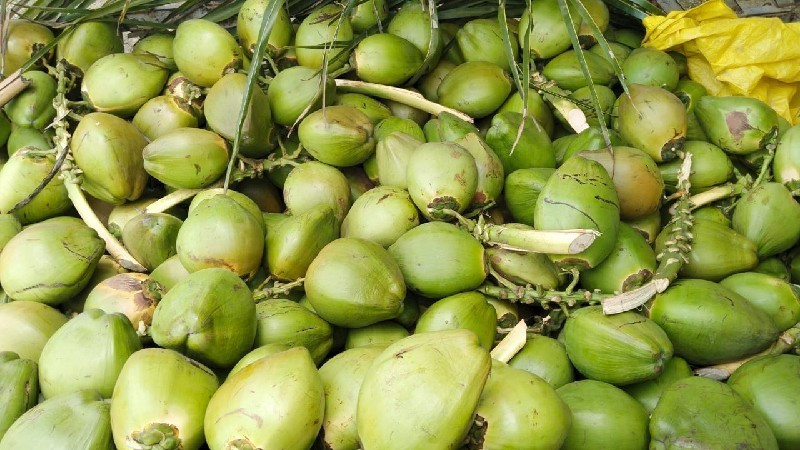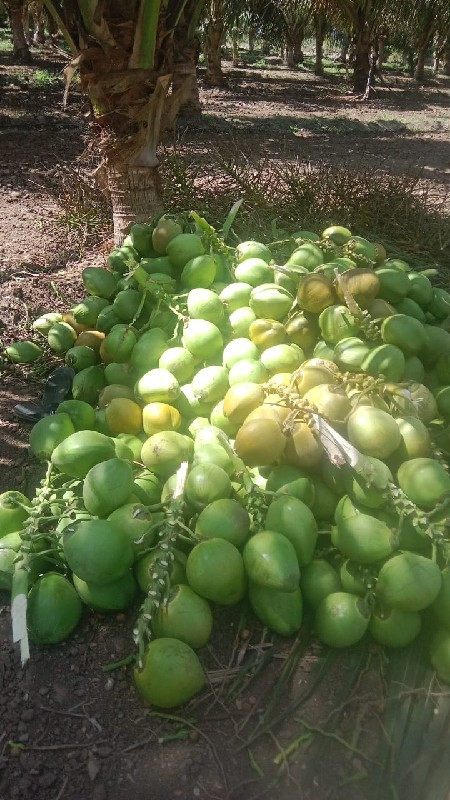
An Overview of Horticulture: Types, Benefits and Business Opportunities
Horticulture is the science and art of growing and cultivating plants for food, medicine, and beauty. It is an essential part of agriculture and plays a vital role in improving food security, environmental conservation, and economic growth. In this blog, we will explore the world of horticulture, its types, benefits, and business opportunities.
Types of Horticulture:
Horticulture includes a diverse range of activities, from growing fruits, vegetables, flowers, and ornamental plants to landscaping, nursery management, and plant breeding. Here are some of the most common types of horticulture:
-
Pomology: The science of fruit production and cultivation, including tree fruits like apples, oranges, and peaches.
-
Olericulture: The science of vegetable production and cultivation, including crops like lettuce, carrots, and tomatoes.
-
Floriculture: The science of growing flowers and ornamental plants, including cut flowers, potted plants, and landscaping plants.
-
Landscape Horticulture: The science of designing, constructing, and maintaining gardens, parks, and outdoor spaces.
-
Nursery Management: The science of propagating and cultivating plants for sale, including both ornamental and fruit-bearing plants.
Benefits of Horticulture:
Horticulture offers numerous benefits, including:
-
Food Security: Horticulture plays a vital role in providing fresh and nutritious food to people worldwide, contributing to food security and reducing hunger.
-
Environmental Conservation: Horticulture promotes environmental conservation by reducing soil erosion, conserving water resources, and enhancing biodiversity.
-
Economic Growth: Horticulture provides employment opportunities, boosts rural development, and contributes to economic growth through exports and local sales.
-
Health and Well-being: Horticulture offers therapeutic benefits, including stress reduction, improved mental health, and physical exercise.
Horticulture Business Opportunities:
Horticulture offers a range of business opportunities, from small-scale enterprises to large commercial operations. Here are some business ideas for aspiring horticulturists:
-
Organic Farming: With the growing demand for organic food, organic farming has become a lucrative business opportunity, especially for small-scale farmers.
-
Florist Shop: Starting a florist shop can be a profitable venture for those who love flowers and have a creative eye for floral designs.
-
Landscape Design: Landscape design is a growing field, and there is a high demand for professionals who can design and maintain outdoor spaces.
-
Nursery Business: Starting a nursery business can be a profitable venture, providing plants and seeds to gardeners, landscapers, and farmers.
Conclusion:
Horticulture is a fascinating field that offers a range of benefits and opportunities for entrepreneurs and nature lovers. Whether you are interested in growing fruits, vegetables, flowers, or designing outdoor spaces, horticulture can be a fulfilling and profitable business venture. With the increasing demand for healthy and sustainable products, horticulture is a sector that is poised for growth and innovation.










